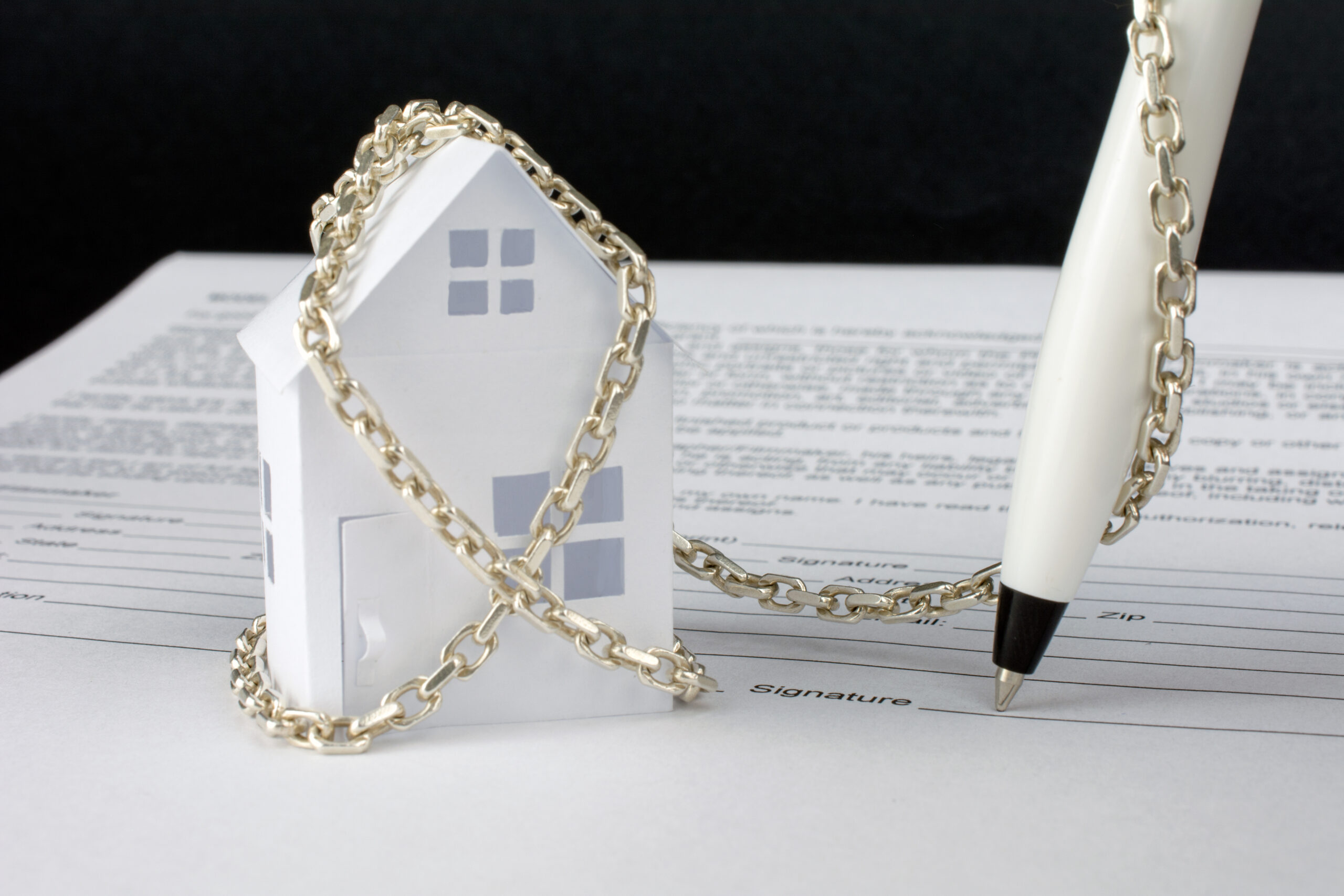Imagine waking up one day to discover that your bank account has been frozen or your property is at risk of being taken by the government. For many people struggling with tax debt, this isn’t just a nightmare—it’s their reality. Asset seizure is one of the most serious actions the IRS can take against taxpayers who owe back taxes. Understanding how asset seizure works, why it happens, and how to protect yourself is crucial for navigating this challenging situation.
What Is Asset Seizure?
Asset seizure occurs when the IRS takes ownership of your property to satisfy unpaid tax debts. This can include physical assets like your home, car, or business equipment, as well as financial assets like bank accounts, retirement funds, or wages. In extreme cases, even personal belongings can be seized.
The IRS has significant power to enforce tax collections, but they must follow specific legal procedures. Before seizing any assets, the IRS typically issues multiple warnings, including:
- A Notice of Assessment and Demand for Payment: This formally notifies you of the amount owed.
- A Final Notice of Intent to Levy and Notice of Your Right to a Hearing: This is sent at least 30 days before any seizure action begins, giving you a chance to appeal or resolve the issue.
Why Does the IRS Seize Assets?
The IRS resorts to asset seizure only after other collection efforts have failed. Their goal isn’t to punish you but to recover the money you owe. However, if you ignore repeated notices and fail to work out a payment plan, the IRS may view seizure as their last option.
Common reasons for asset seizure include:
- Unpaid Taxes: If you owe a significant amount and haven’t made arrangements to pay.
- Failure to Respond: Ignoring IRS notices or missing deadlines can escalate your situation.
- Refusal to Cooperate: Not providing necessary information or rejecting payment options offered by the IRS.
What Can Be Seized?
The IRS has broad authority to seize assets, but they do have limitations. Some items are exempt, such as basic household goods, tools necessary for your job, and a portion of your wages. However, they can go after:
- Bank Accounts: The IRS can issue a levy on your accounts, freezing and then withdrawing funds to cover your tax debt.
- Wages: A wage garnishment can take a portion of your paycheck directly from your employer.
- Real Estate: Your home or investment properties can be seized and sold.
- Vehicles and Equipment: Cars, trucks, and business tools are fair game if their value exceeds what’s considered essential.
How to Prevent Asset Seizure
Preventing asset seizure starts with being proactive. If you owe back taxes, here are some steps you can take:
- Respond Promptly to IRS Notices: Don’t ignore letters or deadlines. The sooner you address the issue, the more options you’ll have.
- Request a Payment Plan: The IRS offers installment agreements to help you pay your debt over time.
- Consider an Offer in Compromise: This allows you to settle your tax debt for less than the full amount if you qualify.
- Appeal the Seizure: If you believe the IRS’s actions are unjustified, you can request a Collection Due Process hearing.
- Hire a Tax Resolution Expert: Professionals can negotiate with the IRS on your behalf and explore solutions tailored to your situation.
Why You Should Turn to Guy and Annamaria Finocchiaro
Dealing with the IRS can be intimidating, especially when your assets are at stake. That’s where experienced tax resolution experts like Guy and Annamaria Finocchiaro come in. As a husband-and-wife team, they bring a unique combination of professionalism and personal care to every case. They understand how overwhelming tax problems can feel and are committed to helping you find the best path forward.
Guy and Annamaria specialize in protecting clients from asset seizure, negotiating with the IRS, and creating customized solutions to resolve tax debt. Their compassionate approach ensures that you’re not just another case number—you’re a valued client with specific needs and goals.
If you’re facing the threat of asset seizure or struggling with tax debt, don’t wait until it’s too late. Contact Guy and Annamaria Finocchiaro today to regain control of your financial future.

